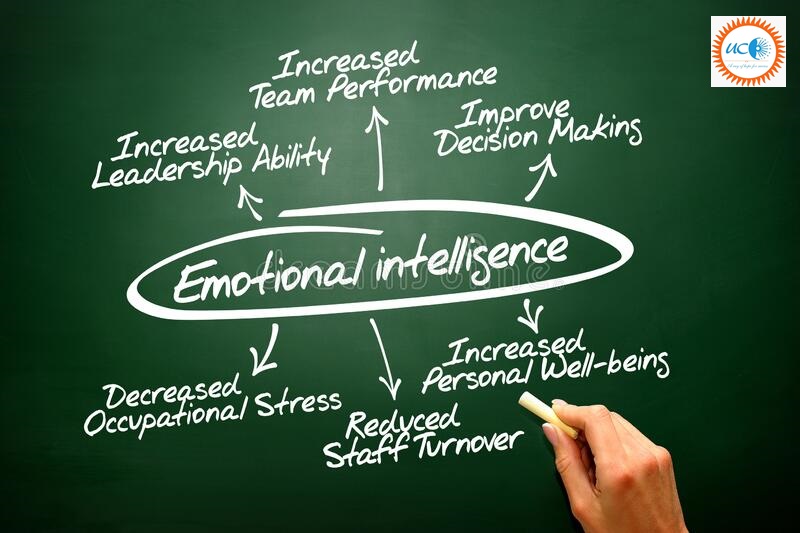“Emotional intelligence can be the game changer for high performance and personal leadership”. Define emotional intelligence and explain its importance for a public servant in the light of above statement.
Approach:
- In the introduction briefly define Emotional Intelligence (EI) and its elements.
- In the body, describe the importance of EI for public servant by briefly describing the role of public servant and how EI can help him in dealing with various aspects of his work and summarize the same in conclusion.
Emotional Intelligence (EI) is the ability of a person to understand and manage one’s own emotions as well as understand and influence others’ emotions. There are five elements of EI which are as follows:
- Self-awareness: The skill of being aware of and understanding one’s emotions as they occur and as they evolve.
- Self-regulation: Controlling and manoeuvring one’s emotions i.e., instead of reacting quickly, one can manage one’s emotions.
- Internal Motivation: One’s personal drive to achieve one’s goals and readiness to act on opportunities.
- Empathy: Ability to understand the feelings of others and see things from their perspectives.
- Social skills: It includes building good rapport with others and sharing positive relationships. Emotional Intelligence can be game changer for high performance and personal leadership specially for a public servant who has to function in a multicultural society like India and has to deal with people of diverse socio-economic strata with sensitivity while implementing government policies.
EI is important for a public servant as it helps him in following ways:
- Better implementation of Government Policies: An emotionally intelligent public servant can better understand the moods and drives of people of target group and thus help in designing and implementing suitable policies to meet their requirement.
- For maintaining work life balance: EI helps a civil servant in managing their personal life as well as professional life and thus they can be more productive.
- Stress Management: Public servant has to work under tremendous pressure owing to large number of responsibilities. EI helps her to maintain her emotional wellbeing while managing anxiety-provoking situations.
- For motivating subordinates and developing better work culture: EI helps in comprehending emotions of others, thus an emotionally intelligent public servant can foster a healthy relationship with subordinates and motivate them to work towards a particular goal.
- Better Decision Making: EI helps in better managing one’s emotions and think rationally. This helps a civil servant in taking decisions purely on the basis of facts without being influenced by his personal beliefs. Further, EI can help him in resolving various ethical dilemmas that he faces in line of his duty.
- Repose trust in the system: Emotionally intelligent person deals with the people with empathy which can help in strengthening the public image of the system. Emotional Intelligence, thus, builds capacity for high performance and helps public servants exhibit personal leadership in their professional life.






